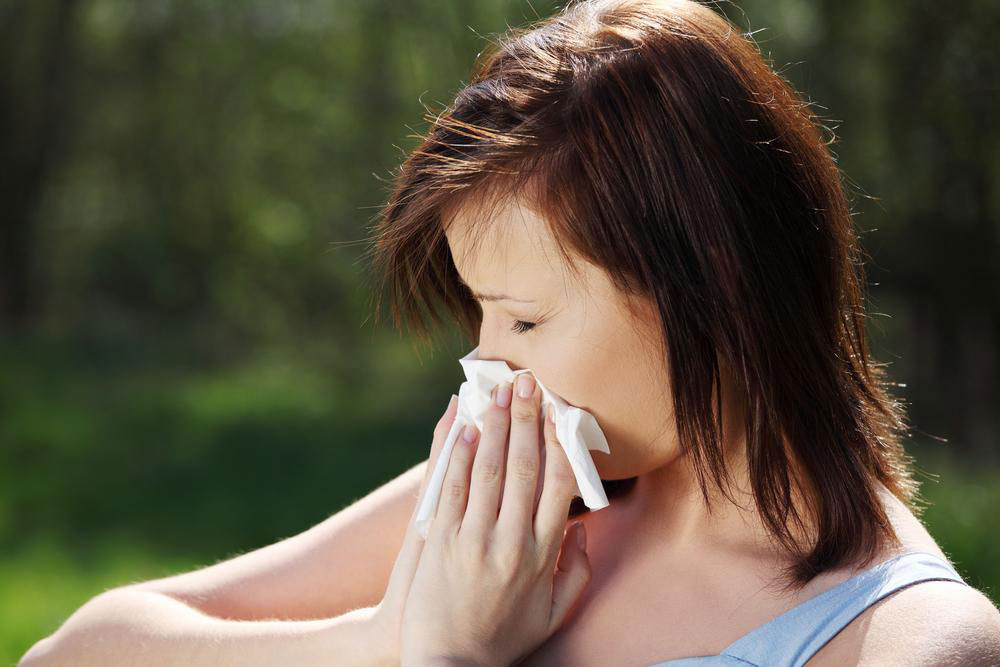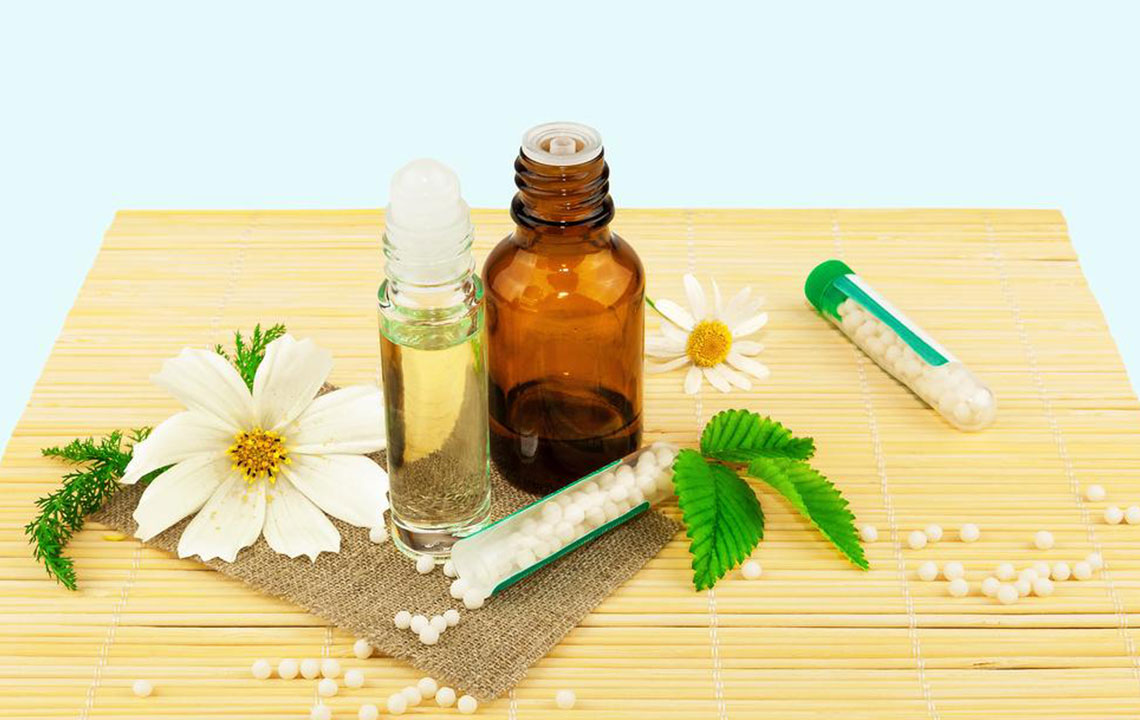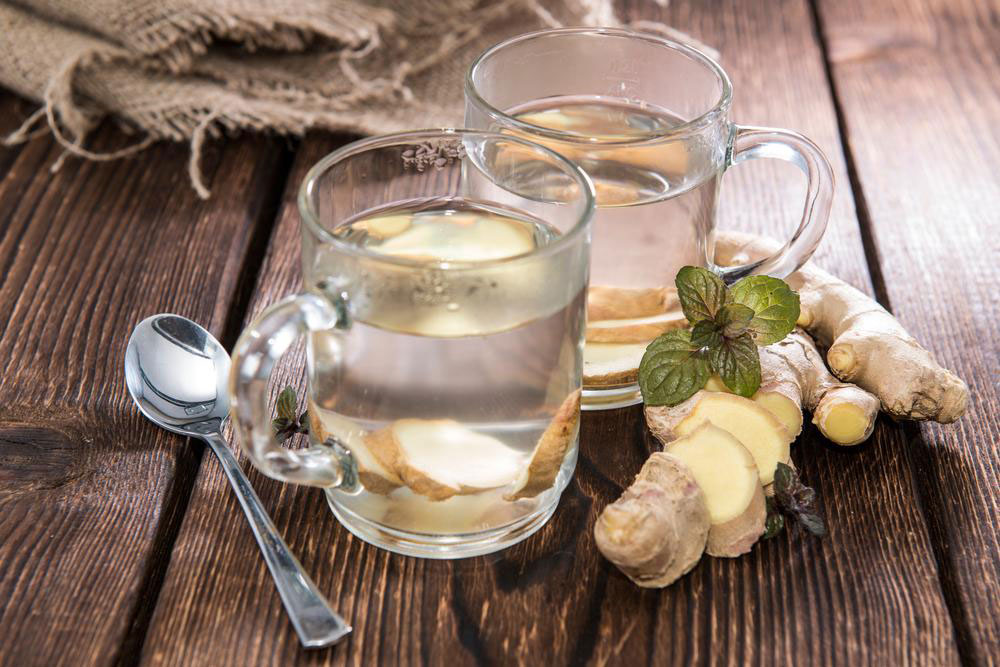Comprehensive Guide to Managing and Alleviating Allergy-Induced Coughs Naturally and Medically
This comprehensive guide provides effective strategies for managing allergy-induced coughs, combining medical treatments and natural home remedies. Learn about medications, herbal infusions, hydration, and preventive tips to ease discomfort, reduce symptoms, and prevent future episodes. Perfect for individuals seeking holistic approaches to allergies and respiratory relief, this article emphasizes the importance of understanding triggers and adopting healthy lifestyle habits to improve respiratory health and overall well-being.

Comprehensive Strategies for Relieving Allergy-Related Coughs
Persistent coughs can be a bothersome symptom stemming from various causes such as colds, flu, or allergies. Among these, allergy-induced coughs are particularly prevalent during certain seasons or in individuals sensitive to specific environmental triggers. Effectively managing this type of cough requires a combination of understanding the underlying cause and employing both medical treatments and natural remedies. This detailed guide explores multiple strategies to help you alleviate allergy-related coughs, improve comfort, and prevent future episodes.
Understanding Allergy-Induced Coughs
An allergy-induced cough results from hypersensitivity reactions triggered by airborne allergens such as pollen, pet dander, mold, dust mites, or other environmental factors. When these allergens enter the respiratory system, they can cause inflammation, mucus production, and irritation, leading to coughing as the body's attempt to clear the airways. Recognizing the difference between coughs caused by infections and those due to allergies is crucial in choosing appropriate treatment strategies.
Persistent or severe coughs may significantly impact daily life, causing discomfort and exhaustion. Proper management entails a holistic approach that combines pharmaceutical options with home remedies, lifestyle modifications, and preventive measures.
Medical Treatments for Allergy-Related Coughs
When dealing with allergy-induced coughs, medications often provide the most immediate relief. These include:
Antihistamines: These drugs block histamine release, reducing allergy symptoms such as sneezing, runny nose, and throat irritation. Options include loratadine, cetirizine, and fexofenadine.
Decongestants: Medications like pseudoephedrine or phenylephrine help decrease mucus congestion, open nasal passages, and lower inflammation in the respiratory tract. It’s vital to use them as directed, especially for those with high blood pressure.
Cough Suppressants and Expectorants: Cough suppressants, such as dextromethorphan, help reduce the urge to cough, providing relief for persistent coughs. Expectorants like guaifenesin thin mucus, making it easier to expel, and alleviating post-nasal drip that triggers coughing.
Consultation with a healthcare provider is advised before starting any medication, especially if you have underlying health conditions like hypertension or heart disease. Proper dosages and precautions are essential for safe and effective relief.
Natural and Home Remedies for Cough Relief
Many traditional home remedies have stood the test of time for soothing coughs caused by allergies. These natural treatments can be used alone or in conjunction with medical therapies to enhance comfort and reduce symptoms.
Steam Inhalation: Breathing in warm steam helps loosen mucus, relieve nasal congestion, and soothe irritated airways. Adding essential oils like eucalyptus or peppermint can enhance this effect.
Hydration: Drinking plenty of fluids, especially water, ensures mucus remains thin, making it easier to clear from the respiratory system and helping prevent dryness in the throat.
Mentholated Products: Lozenges, syrups, or balms containing menthol provide a cooling, numbing sensation that temporarily alleviates throat irritation and suppresses coughs.
Honey: Using honey as a natural cough suppressant is supported by research. A teaspoon of honey, taken straight or mixed into warm water or herbal tea, can soothe the throat and reduce coughing frequency.
Saltwater Gargle: Gargling with a solution of half a teaspoon of salt in warm water can help clear mucus, reduce inflammation, and soothe a sore throat.
Essential Oils: Diffusing eucalyptus, peppermint, or tea tree oil can provide respiratory relief. Applying diluted oils to the chest or throat area may also help reduce symptoms, provided there are no sensitivities.
Herbal Infusions: Brew teas from herbs such as thyme, basil, or ginger. These herbs possess anti-inflammatory, antimicrobial, and soothing properties that can help relax irritated throat muscles and reduce coughing episodes.
Additional Natural Remedies
Incorporating specific dietary and herbal practices can also support immune health and reduce allergy symptoms:
Ginger Tea: Boil freshly grated ginger in water, strain, add honey, and sip to benefit from its anti-inflammatory and antihistamine effects.
Turmeric and Cumin: Mix turmeric powder and cumin seeds in warm water for a homemade tonic that can soothe the respiratory tract and potentially inhibit viral activity.
Basil Leaves: Steep fresh basil leaves in hot water, sweeten with honey, and drink regularly to leverage its antimicrobial and immune-boosting properties.
Peppermint Inhalation: Inhale steam infused with peppermint oil or sip peppermint tea. The menthol content acts as a decongestant, calming coughing fits and easing congestion.
Preventive Measures to Minimize Allergy-Related Coughs
Preventing allergic reactions is the best way to avoid subsequent cough episodes. The following tips can help reduce exposure to common allergens:
Identify Allergens: Recognize triggers such as pollen, pet fur, dust mites, mold, or specific foods. Keeping a symptom diary can help pinpoint personal sensitivities.
Limit Exposure: Stay indoors during high pollen seasons, use air purifiers with HEPA filters, and regularly clean and vacuum living spaces to reduce dust and pet dander.
Use Allergy Medications: Maintain a regimen of antihistamines or nasal sprays as recommended by your healthcare provider.
Adopt Good Hygiene Habits: Wash hands after outdoor activities, shower regularly to remove allergens, and change clothes promptly.
Wear Protective Gear: Masks or scarves can help filter out airborne allergens when outdoors.
Strengthen Immune System: Consume nutrient-rich foods such as broccoli, garlic, onions, and leafy greens, along with herbs like turmeric and basil to boost immune defenses against allergens and infections.
By understanding the triggers and implementing both preventive and reactive strategies, you can effectively manage allergy-induced coughs, improve respiratory health, and maintain better quality of life. Combining medical treatments with natural remedies offers a comprehensive approach to alleviating symptoms and preventing future episodes.





